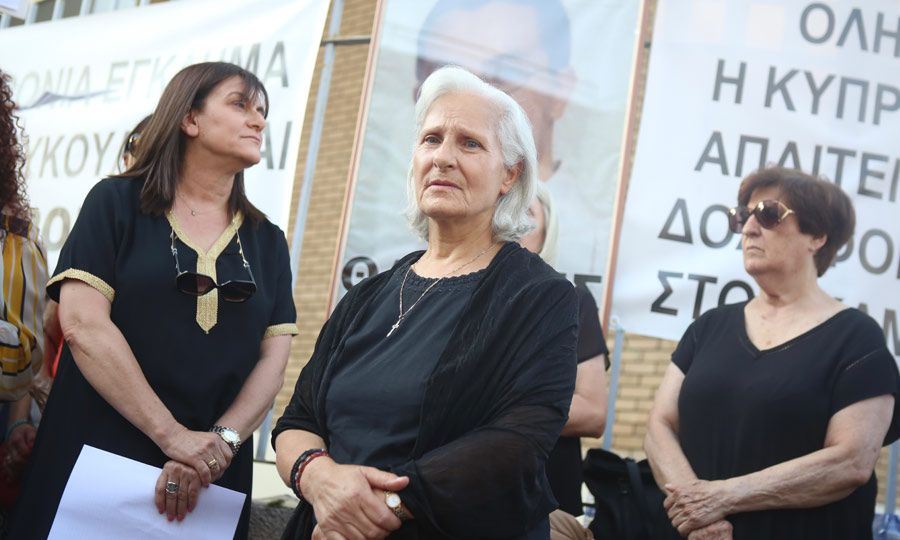
Panagiotis Euripides
Criminal investigator Savvas Matsas explained on the broadcast Diaspora News the key individuals involved, the difficulties arising from the time delay, and the obstacles faced so far in the case of the death of 26-year-old National Guard member Thanasis Nikolaou.
Mr Matsas stated that, following the decision of death investigator Doria Varosiotou that Thanasis Nikolaou died from strangulation as a result of a criminal act, the next step is "finding evidence, testimony, and proof that justify the referral of the suspects to court for premeditated murder".
He also noted that, due to the time delay in the case, much evidence that could have been secured was lost, saying, "Obviously, some people involved in this case had the means and interest to obscure the matter. There is no other explanation."
Explaining his observations during the investigations and where he found shortcomings, the criminal investigator stressed that there was negligence and sloppiness on the part of coroner Panikos Stavrianou, who "ruled out a criminal act before the autopsy even took place, while the police officer described it as a minor violation and instructed it to be investigated by an inexperienced officer at Lanias station".

What did Thanasis see that led to his death?
Regarding what the 26-year-old National Guard member might have seen that led to his death, Mr Matsas pointed out that "two days before he was found dead, he discovered some soldiers using drugs. He was told to keep quiet and was frightened, naturally, and asked for a transfer. The commander told him he had two and a half months left and asked if there was anything else he could tell him. The next day, he was found dead. I think the motive is clear."
Sloppiness, omissions, and negligence
"We were terribly impressed by the sloppiness, negligence, and omissions, as well as the elementary actions that were not taken. They created an impression, based on the witness material, that there was a planned effort to cover up the case from the beginning," Matsas said, when asked about his involvement in the criminal investigation. As the main obstacle during the interrogations, Mr Matsas cited the lapse of time.
Regarding the key individuals for further evidence and details, Mr Matsas said these are the soldiers, the suspects, and some who spoke to the suspects during the 18-year period.
Attorney general and cabinet
On how the General Prosecutor's office and the Cabinet should proceed to uncover new evidence, Matsas said that officials must be "competent and honest for a fair and objective investigation to take place", noting that despite the many years that have passed, "with a fair investigation, there is hope".
Deputy government spokesman Yiannis Antoniou also spoke about the case, adding that there is currently no information on whether the issue will be discussed at next Wednesday's meeting or at a subsequent House session. He noted that announcements will be made in the coming days. "That's what we want to see. The executive operates in good faith, without imposed conditions. Here we have a moral issue and a judgement from the European Court of Justice. The executive branch has a moral obligation to ensure the sense of justice," he said, adding that there are proven gaps. "Let's see exactly how to address this serious gap, ensuring people feel confident that justice is working. That is what we are emphasising at the moment," Mr Antoniou said.
The role of the police
Police spokesman Christos Andreou, asked about the police's role, explained that the findings will be reviewed by the Legal Service, which will then give appropriate instructions. If gaps are found in the investigation so far, Mr Andreou explained that "there have been three death investigations, and there has also been an inquiry by independent investigators".
Back to the team?
Finally, asked if he would return to the team investigating the case further, Mr Matsas said, "If those responsible for the appointment deem me fit, I will not refuse."
[This article was translated from its Greek original]































